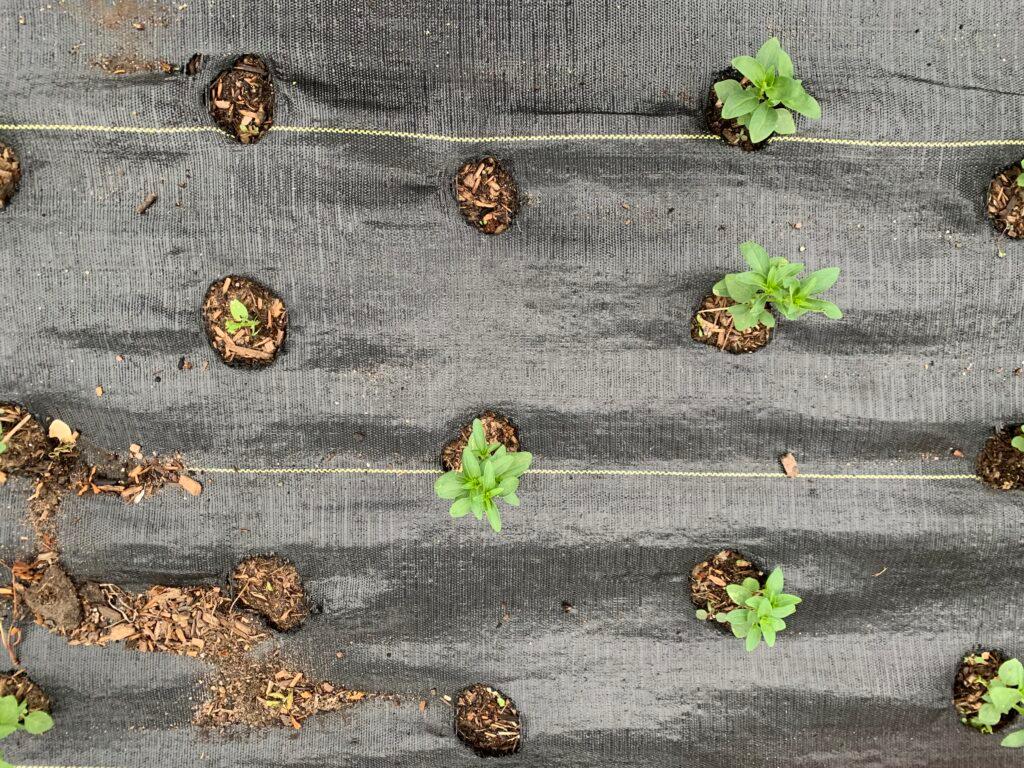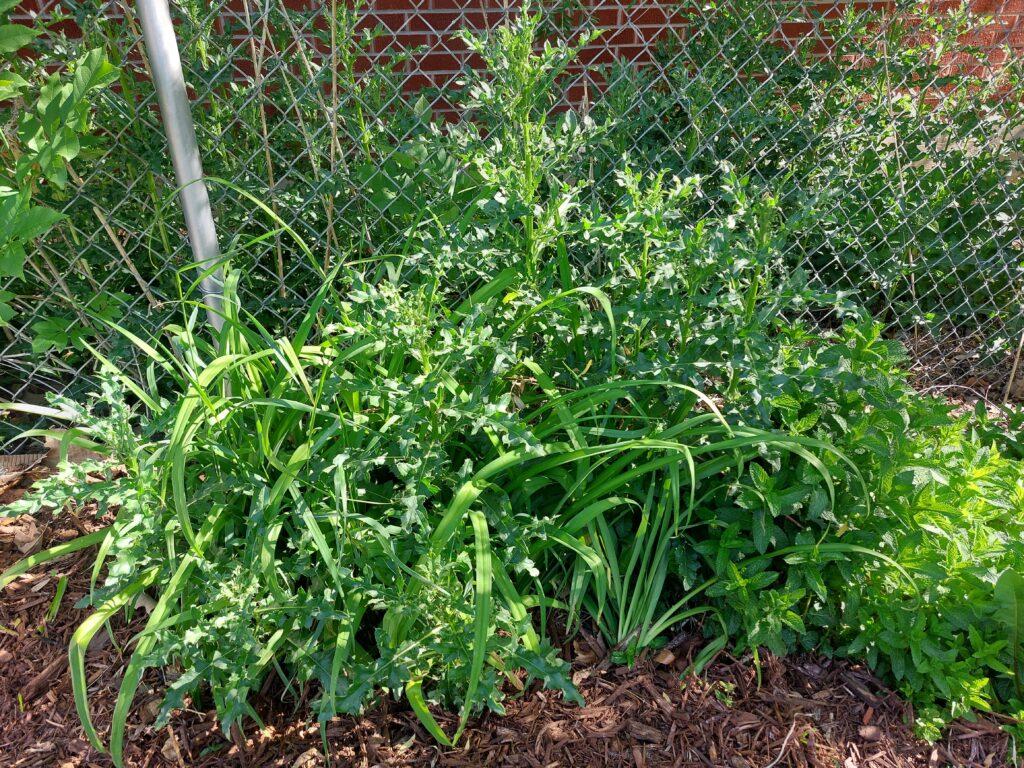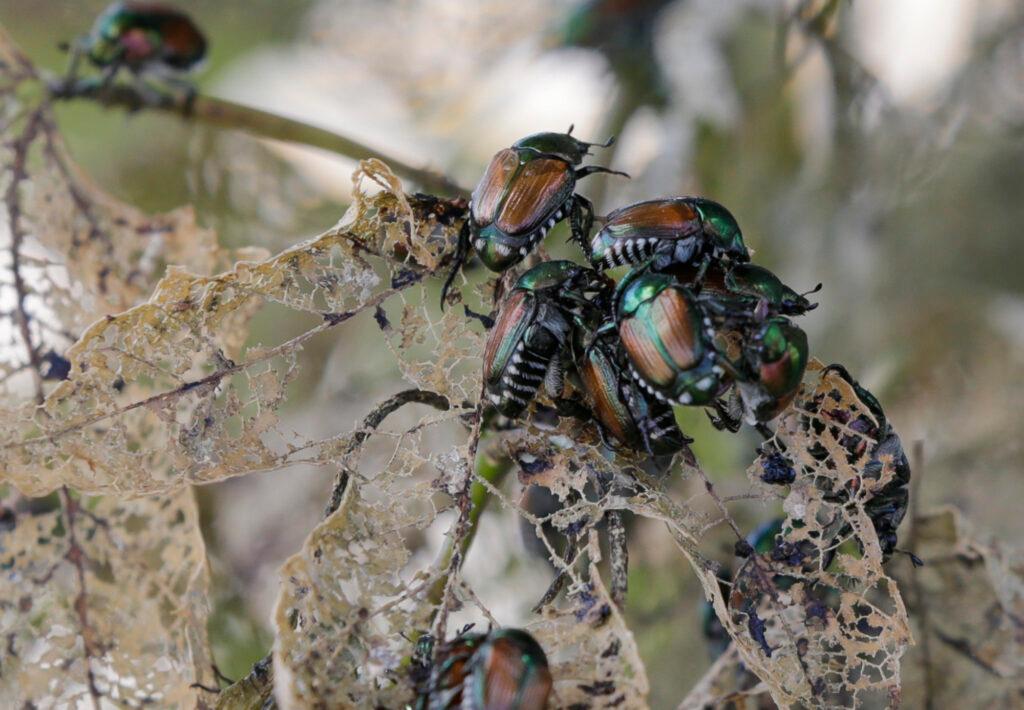
Summer’s here so we asked gardening expert Fatuma Emmad of FrontLine Farming for some growing tips.
Top of mind, as temperatures head into the 90s, is heat. Emmad suggests keeping your garden covered with something breathable that lets air through – her recommendation is straw – and using compost, which releases nutrients slowly over the season.
Perhaps most importantly, manage your water. Gardeners often think they should have the hose on all the time, but Emmad said that’s not the case. Water young plants with shallow roots relatively frequently so the surface is moist, but as things progress water less often and more deeply to mimic natural wet-dry cycles.
Garden pests come in all shapes and sizes, and they drew lots of questions from our listeners:
Question: Mindi Mongeau of Englewood has renamed her snapdragon bed the “grub hub” after the tiny creatures that are chowing down on her plants.
Emmad: Use organic controls. Nasturtium is a good trap crop. Try beneficial nematodes, small worms that attack grubs by entering their bodies and releasing a bacteria that kills them. That strategy is best in late summer and early fall when grubs are starting to feed near the surface of the soil. Beneficial nematodes are available at local garden centers.

Question: RB Fast of Denver says Canadian thistles are taking over her patch of daylilies. “They must be stopped!”
Emmad: Sorry, it’s a long-term fix. In early spring and late fall get out there and dig up those deep thistle roots. In July, try to attack them before they start flowering and seeding. Use a weed cutter or a mower. By the third year, Emmad said, you’ll be “almost there.”

Question: In Jefferson County, Rebecca Cantwell is tired of critters – she suspects bunnies or squirrels – eating her waterwise perennials:
Emmad: Plant things they don’t like to eat: “Anything a baby wouldn't want to eat, so all onions, garlic, chives, but even hot peppers.” Plants with strong scents like lavender, marigolds and snapdragons can deter because of their strong scent and less palatable leaves.
You can try building barriers using things like chicken wire but, well, squirrels.
Question: Laura Guy of Boulder is “terrified” by the return of Japanese beetles.
Emmad: Manual labor: “Take a bucket of soapy water and just pick ‘em off.” Plant wild roses instead of domesticated varieties that the beetles love. If you have a small property, be wary of pheromone traps which can draw hordes of bugs and turn your garden into a feeding ground.
Aaand ... don’t expect miracles. Japanese beetles can eat 300 varieties of plants and they don’t have any predators here.










